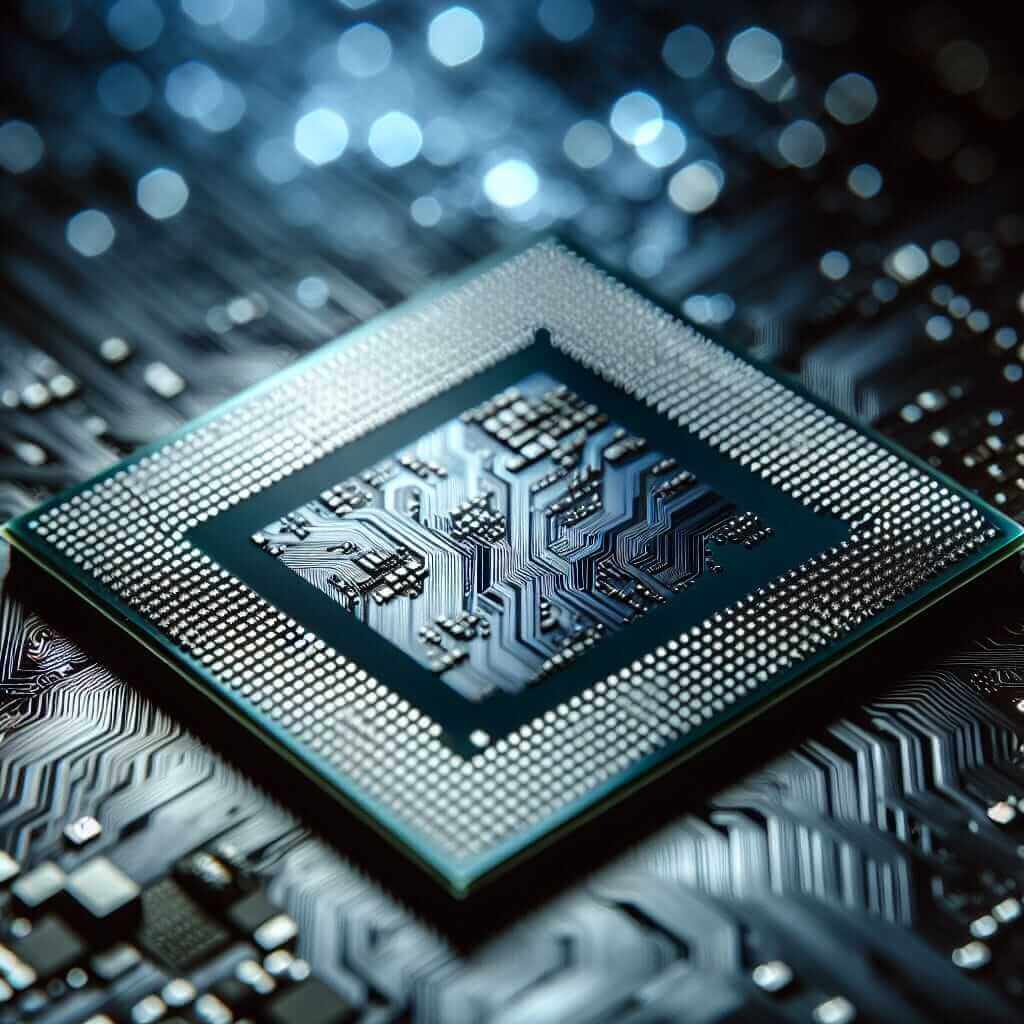In the realm of technology and computing, the term “CPU” or “Central Processing Unit” frequently appears. This three-letter acronym holds significant weight, often appearing in IELTS readings, listenings, and even finding its way into speaking topics. Mastering its usage can give you a considerable edge in your IELTS journey.
Here’s a breakdown of “CPU” and its synonyms:
- CPU (noun) /ˌsiː piː ˈjuː/: the primary component of a computer that interprets and executes instructions.
- Example: A powerful CPU is essential for gaming and video editing.
- Processor (noun) /ˈproʊˌsesər/: a synonym for CPU, often used interchangeably.
- Example: Modern smartphones have incredibly fast processors.
- Microprocessor (noun) /ˌmaɪkroʊˈproʊsesər/: a type of CPU that is miniaturized onto a single integrated circuit.
- Example: The first personal computers used relatively simple microprocessors.
The Role of “CPU” in IELTS
The term “CPU” and related vocabulary are particularly relevant to the IELTS exam due to the increasing prevalence of technology-related topics. You might encounter this term in passages discussing computer science, technological advancements, or even in comparisons of everyday devices.
Incorporating “CPU” into Your IELTS Responses
Let’s explore how to effectively use “CPU” in different sections of the IELTS:
1. Listening Section
Imagine listening to a lecture about the evolution of computers:
Narrator: “…and then came the development of the microprocessor, a single chip that contained the entire CPU. This revolutionized computing, making computers smaller and more affordable.”
Question: What technological advancement led to smaller and more affordable computers?
Answer: The development of the microprocessor, which contained the entire CPU on a single chip.
2. Reading Section
Consider a passage about artificial intelligence:
“The rapid development of AI is intrinsically linked to advancements in processing power. CPUs are now capable of handling trillions of calculations per second, enabling complex algorithms to learn and adapt.”
Question: What factor has significantly contributed to the progress of artificial intelligence?
Answer: The increased processing power of CPUs, which can now perform trillions of calculations per second.
3. Speaking Section
Examiner: “How has technology changed the way we work?”
Candidate: “Technology has revolutionized the workplace. For instance, powerful CPUs in our computers allow us to multitask efficiently, run complex software, and connect with colleagues worldwide.”
 CPU Chip
CPU Chip
Enhancing Your Vocabulary: Collocations and Idioms
To further demonstrate your language proficiency, consider these collocations and idioms related to “CPU”:
- High-speed CPU: “This laptop is equipped with a high-speed CPU, making it perfect for gaming.”
- CPU intensive: “Video editing is a CPU intensive task, requiring a powerful processor.”
- Overclock the CPU: “Some gamers overclock their CPUs to achieve higher performance.”
Conclusion
Mastering the use of technological vocabulary like “CPU” is crucial for achieving a high score in the IELTS exam. By understanding its meaning, recognizing its relevance in various contexts, and incorporating it naturally into your speaking and writing, you demonstrate a strong command of the English language, ultimately boosting your overall IELTS score. Remember to practice using this term alongside other technology-related vocabulary to enhance your communication skills in this increasingly important area.


